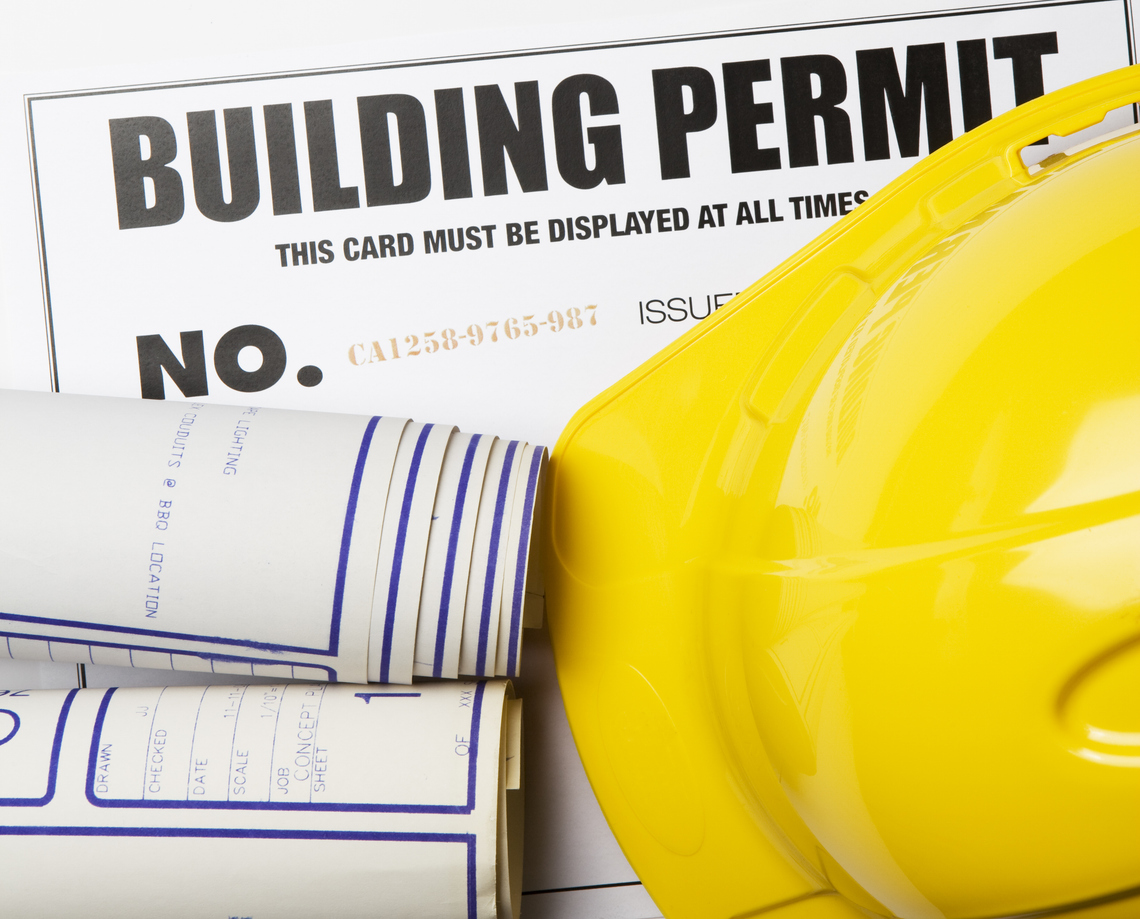Last week, I wrote about insurance coverage and bad faith cases where public adjusters may need to be designated as experts at trial. Accordingly, a public adjuster’s expertise must be thoroughly considered by the insured’s lawyer when it comes time for designation of experts. Problems may arise, however, if the public adjuster is to offer expert opinion and the public adjuster has a contingency fee contract with the insured.
Insureds who have just suffered a large property loss are often not in a financial position to hire public adjusters on an hourly fee, or even flat fee basis. For this reason, public adjusters often have contingency fee contracts with insureds, where the public adjuster receives a percentage of the insurance proceeds as payment for adjustment services after the insured finally receives payment from the insurance company. It follows that, the larger the insurance proceeds recovery, the larger the payment to the public adjuster. This arrangement creates problems if the public adjuster is needed in litigation to offer an expert opinion.
Courts in many state and federal jurisdictions have held that contingency fee arrangements for expert witnesses are against public policy. See Accrued Fin. Servs. Inc. v. Prime Retail, Inc., 298 F.3d 291, 300 (4th Cir. 2002). Consequently, many courts have rendered decisions excluding the testimony of such experts. See City & County of Denver, Colo. v. Bd. of Assessment Appeals of State of Colo., 947 P.2d 1373, 1374 (Colo. 1997) (person may not act as appraiser or expert witness and present expert testimony under contingent fee agreements); Cresswell v. Sullivan & Cromwell, 922 F.2d 60, 73 (2d Cir. 1990) (excluding an expert’s testimony as a result of the fact that he had been retained by the plaintiff on a contingency fee basis); Farmer v. Ramsay, 159 F.Supp. 2d 873 (D. Md. 2001) (excluding an expert’s report and testimony as a result of his improper contingency fee arrangement with the plaintiff).
Courts reason that such expert opinion must be excluded because the contingent fee arrangement gives the expert a pecuniary interest in the outcome of the proceedings, and to allow the testimony would be against public policy. Belfonte v. Miller, 243 A.2d 150 (Pa. Super. 1968). Courts note the “long established rule of law” that “a special contract to pay more than the regular witness fees in ordinary cases is void for want of consideration and as being against public policy.” Id. at 152 (emphasis in original). Section 552 of the Restatement of Contracts also provides, in subsection (2):
[a] bargain to pay an expert witness for testifying to his opinion a larger sum than the legal fees provided for other witnesses is illegal only if the agreed compensation is contingent on the outcome of the controversy.
Id. at 153 (emphasis in original).
In Everett Cash Mutual Ins. Co. v. Bonnie Sue Gibble et al, No. 01-01,640, 2004 WL 5149339, (Pa. Com. Pl.) (May 14, 2004), the insured sought the assistance of a public adjuster prior to any litigation and signed a “Public Adjustor Contract,” retaining the public adjuster “to advise and assist in the adjustment of the insurance claim,” agreeing to pay a contingent fee comprising a certain percentage “of the amount paid by the insurance companies in settlement of [the] loss and necessary expenses.” During litigation, the insured’s counsel sought to have the public adjuster offer an expert opinion that the insurer “did not follow proper claims practice.” Judge Dudley Anderson issued a trial court order specifically precluding the public adjuster from giving expert opinion because,
In the instant matter, the Court finds Defendants’ attempt to segregate [public adjuster’s] work as an expert witness from his work as a public adjustor “merely one of form”. It is also of no consequence that the public adjustor contract was entered into prior to the commencement of litigation. What does matter is that [public adjuster’s] preparation of the expert report followed the commencement of litigation and, as Defendants admit, [public adjuster] will be entitled under the contingent fee agreement to a percentage of any damages awarded for their loss. The Court cannot help but conclude, therefore, that the opinion rendered in the report is “so undermined as to be deprived of any substantial value”. While he may testify as a fact witness with respect to his adjustor role, [public adjuster] must be precluded from giving any opinion as an expert witness.
Clearly, public adjusters, expert opinions and contingency fee agreements don’t always mix. In coverage and bad faith litigation, lawyers and public adjusters must communicate and be aware of lay opinion and expert opinion issues. Lawyers unaware of a public adjuster’s contingency fee contract may be unprepared for motions to strike a public adjuster’s opinions after discovery of a contingency fee contract between the policyholder and the public adjuster. If the public adjuster does not have a contingency fee contract, then the public adjuster may be able to give expert opinion. If the contract is a contingency fee agreement, then the public adjuster is probably limited to giving only lay opinion or fact witness testimony. Proper planning and communication will help ensure the lawyer has designated the proper and necessary experts and disclosed any necessary public adjuster opinions, while taking care to protect those opinions from exclusion.



